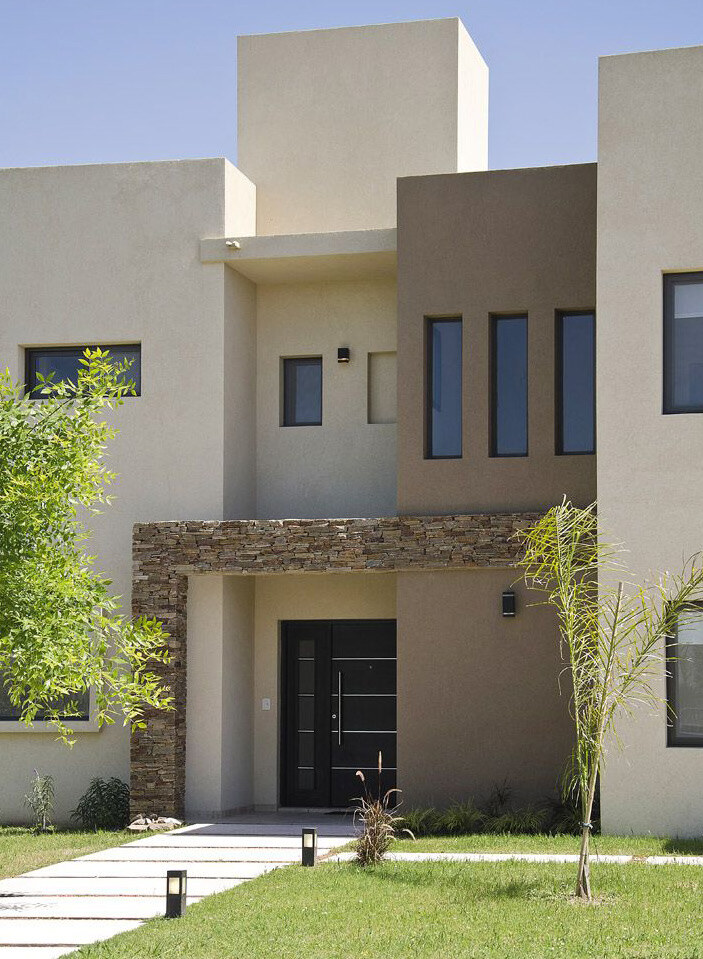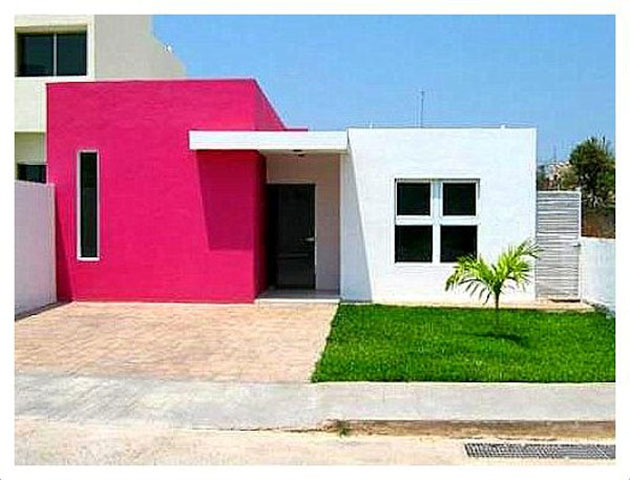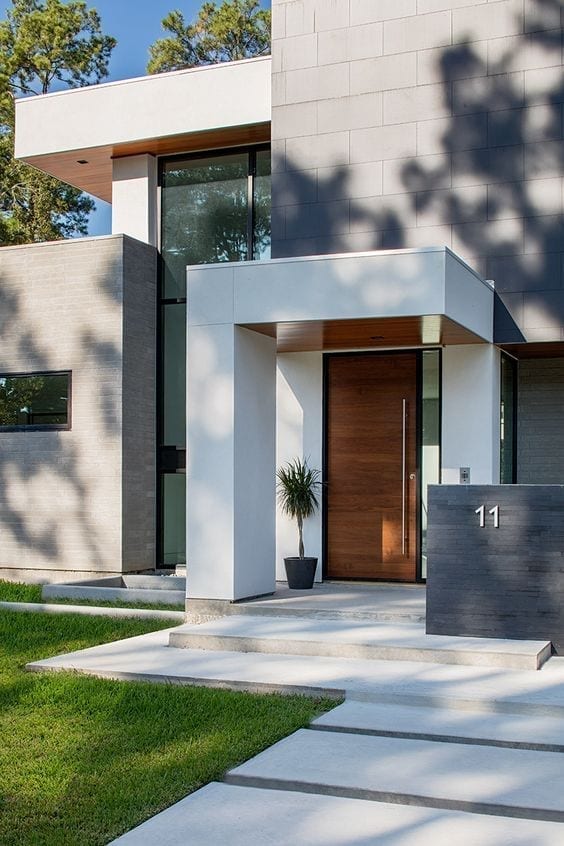
Colores de pintura para fachadas y exteriores | Fachadas de casas modernas, Entrada de casas modernas, Exteriores de casas modernas

ARQUIMASTER.com.ar | Proyecto: Casa Delia (Nordelta, Pcia. Buenos Aires, Argentina) - Epstein… | Casas pintadas exterior, Pinturas de casas exterior, Casas pintadas



















